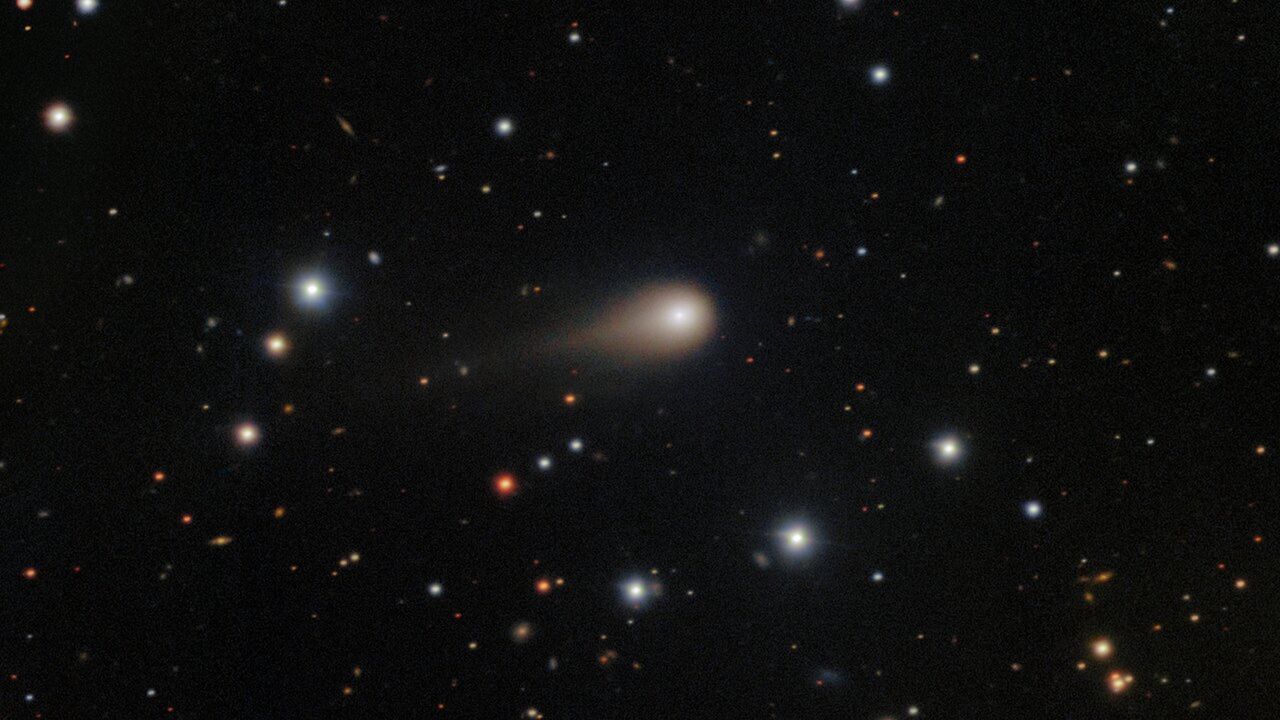Comet 3I/ATLAS is losing water 'like a fire hose' on full blast, 'rewriting what we thought we knew' about alien star systems
PositiveScience

Researchers have made an exciting discovery about the interstellar comet 3I/ATLAS, which is losing water at an unprecedented rate, akin to a fire hose. This finding is significant as it sheds light on the building blocks of life beyond our solar system and challenges previous understandings of how interstellar comets evolve. Such insights could reshape our knowledge of alien star systems and the potential for life elsewhere in the universe.
— via World Pulse Now AI Editorial System